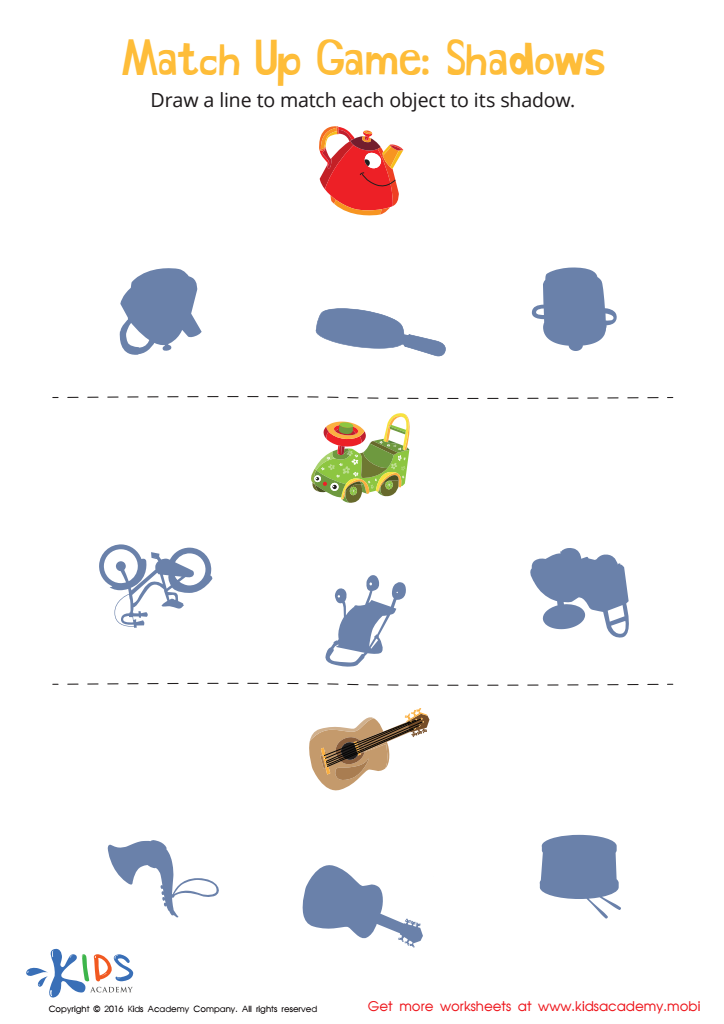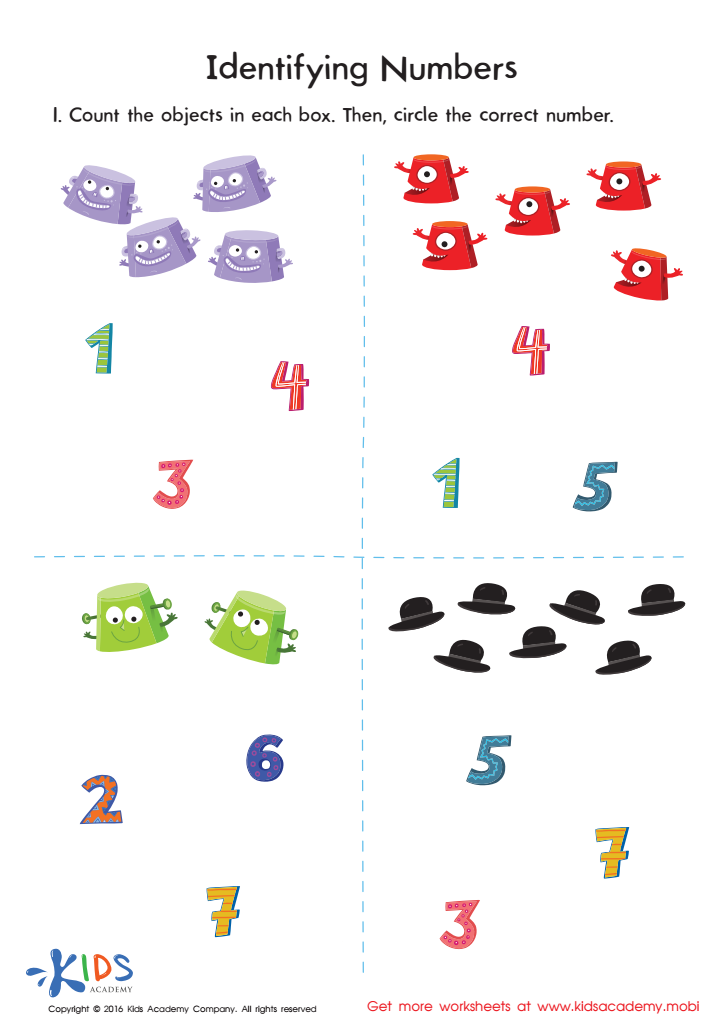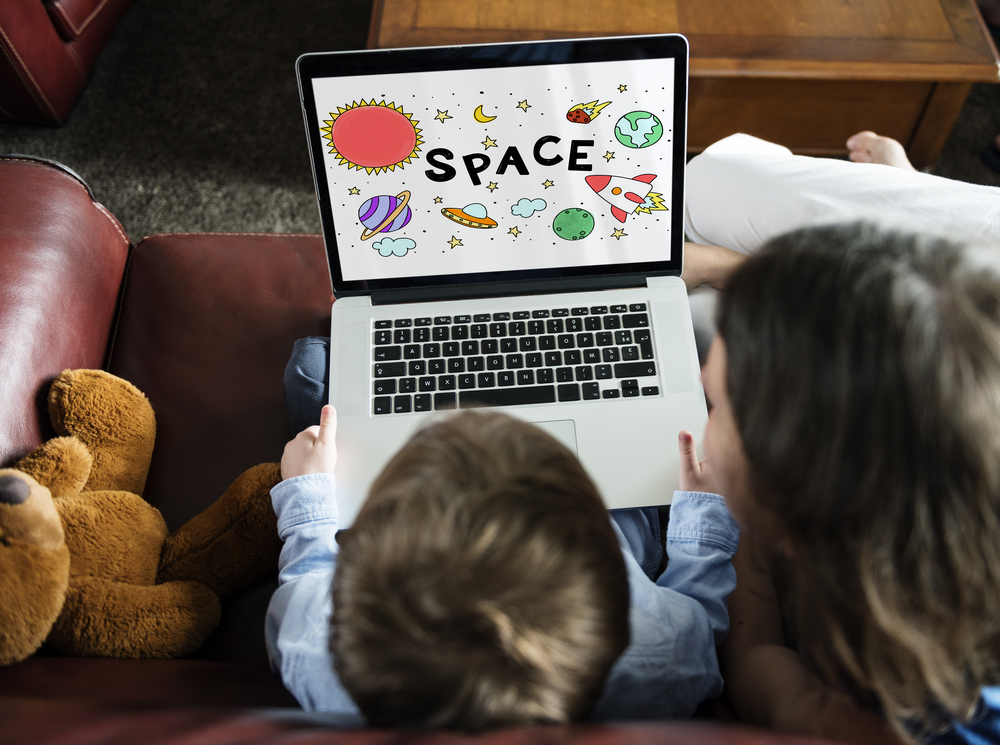Matching Worksheets for Ages 4-9
82 filtered results
-
From - To
Discover engaging Matching Worksheets designed specifically for children ages 4-9, promoting essential skills in a fun and interactive way! Our worksheets support early learners in developing critical thinking and memory retention by matching images, words, and numbers. With a variety of themes and difficulty levels, these printable resources cater to individual learning needs, ensuring that kids stay motivated. Perfect for homeschoolers, educators, or extra practice at home, our matching worksheets enhance focus, encourage independent learning, and make math concepts enjoyable. Start exploring our exciting collection today and help your child build confidence while they learn!
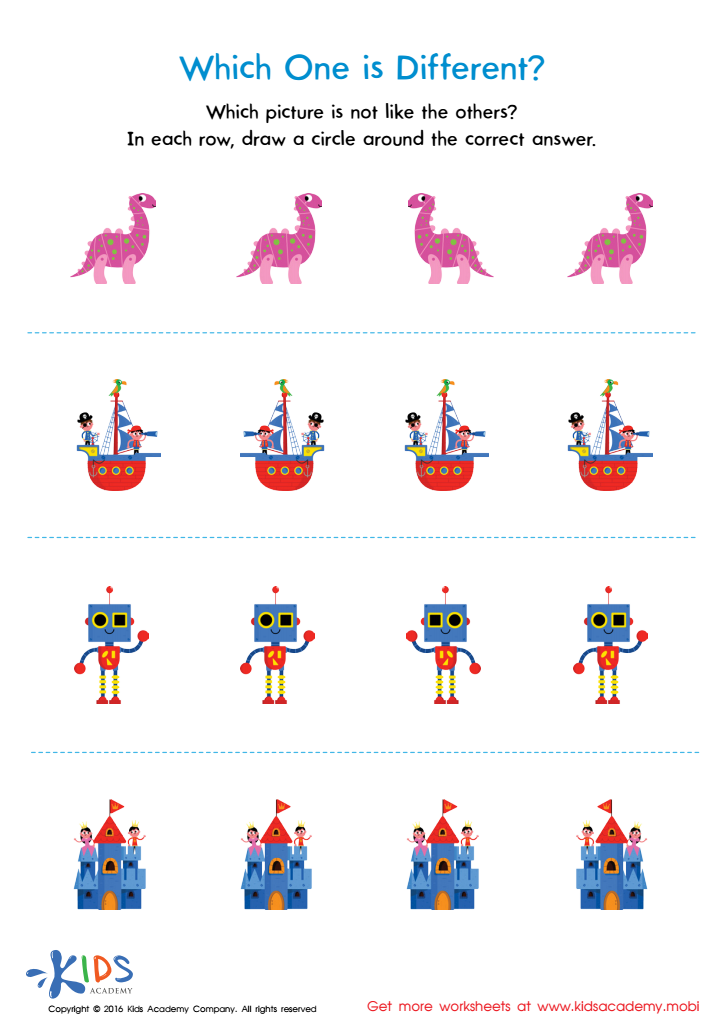

Which One Is Different Worksheet
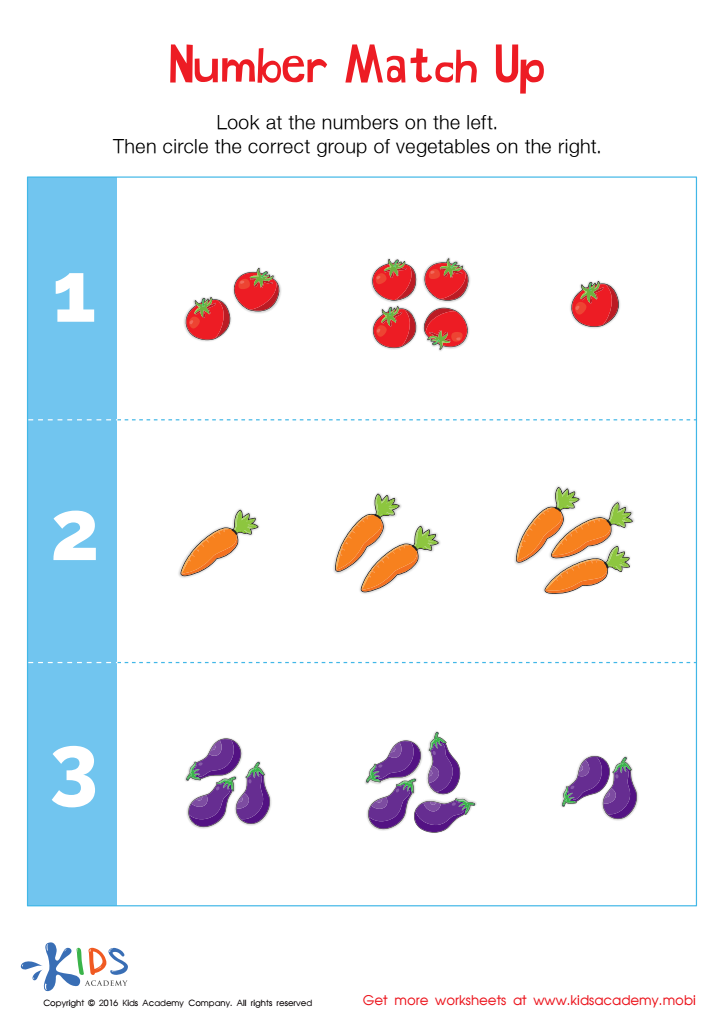

Number Match Up Worksheet
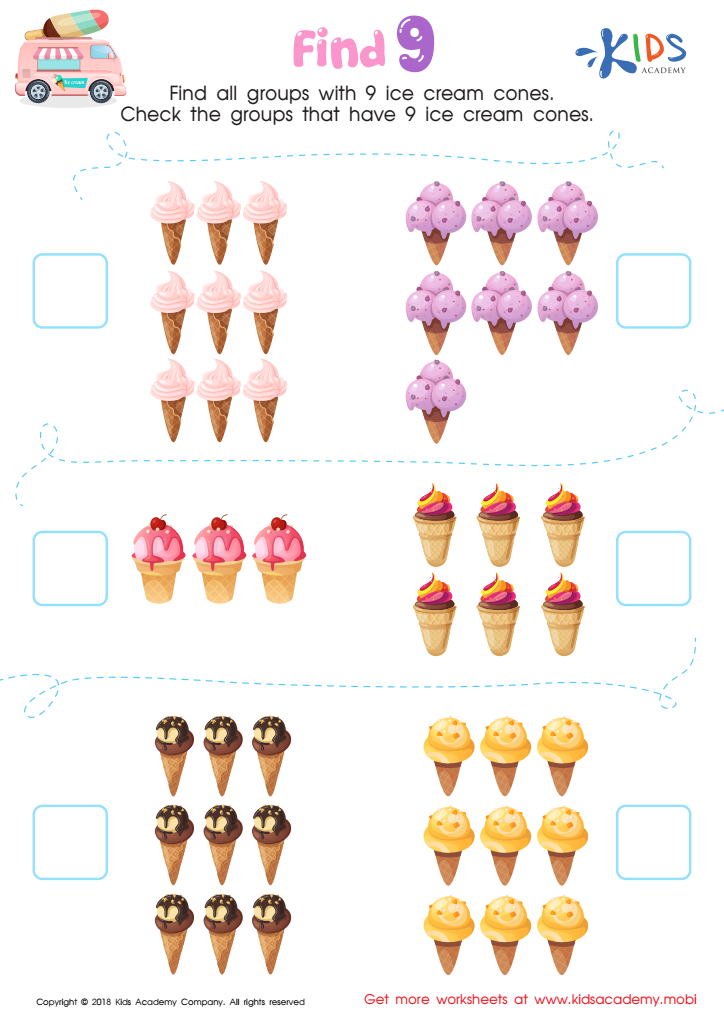

Find 9 Worksheet
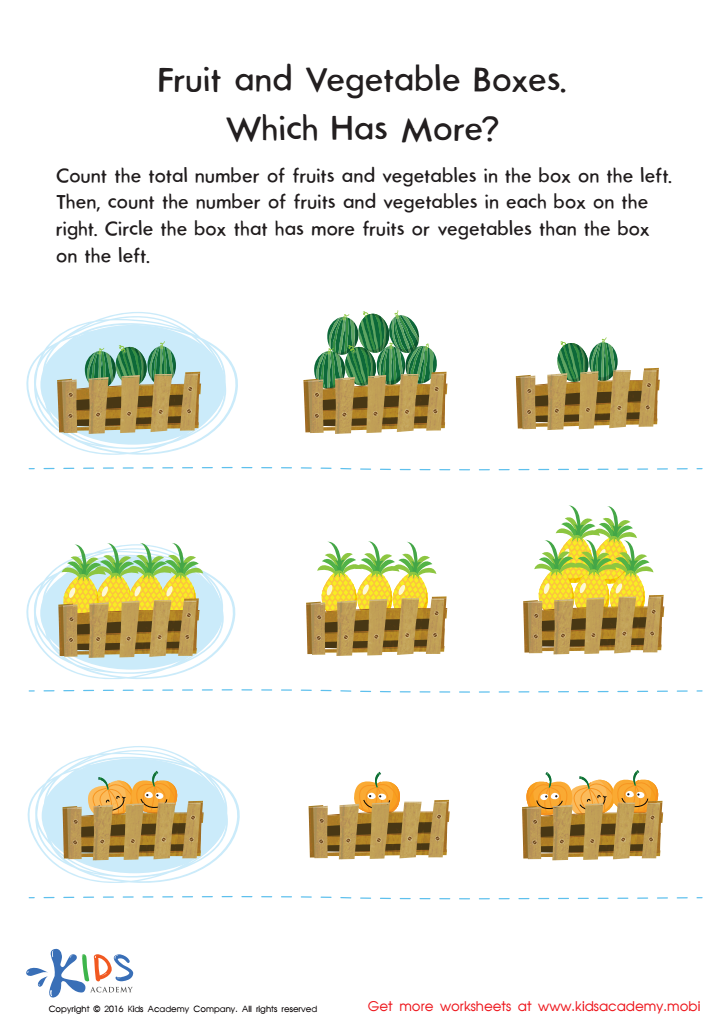

Which Has More? Size Worksheet
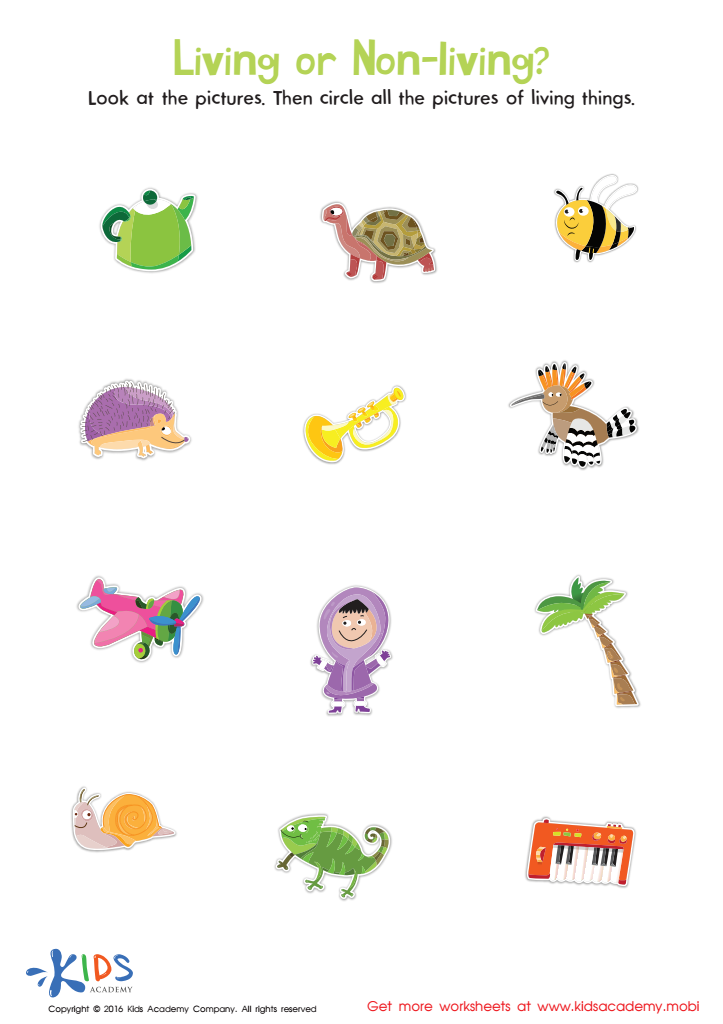

Identifying Living and Non–living Things Sorting Worksheet
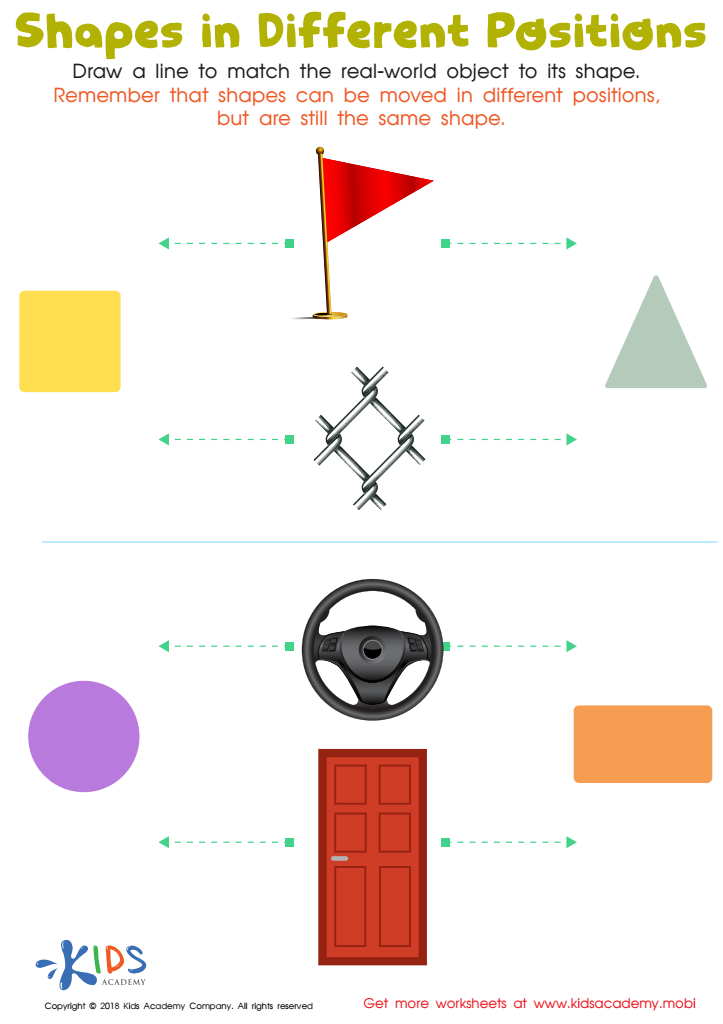

Shapes in Different Positions Worksheet
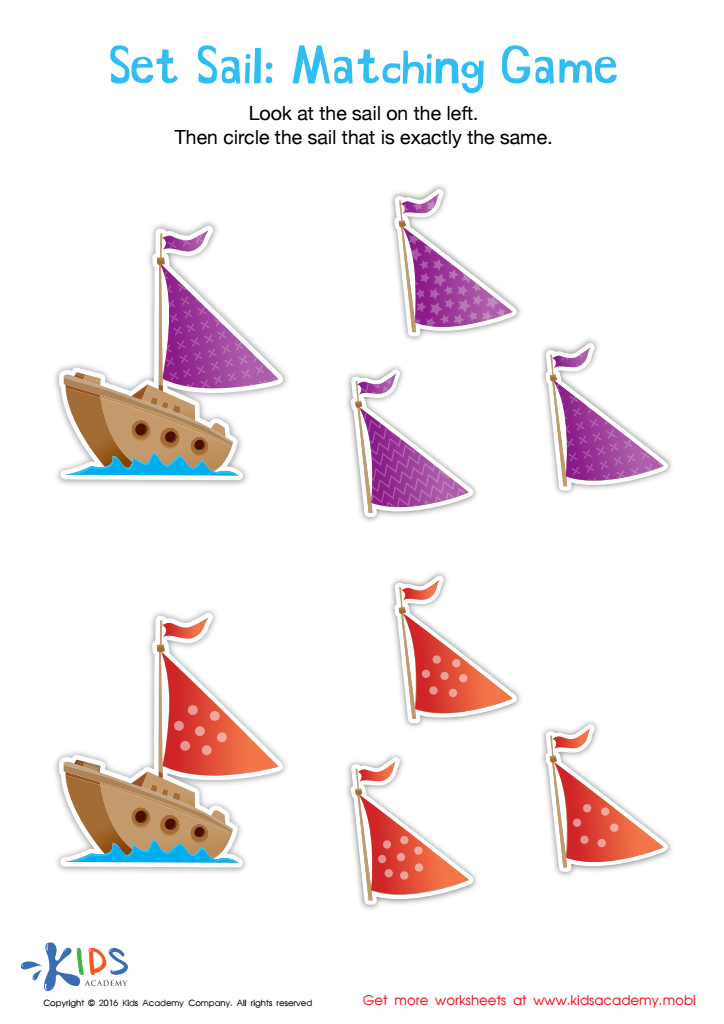

Set Sail Worksheet
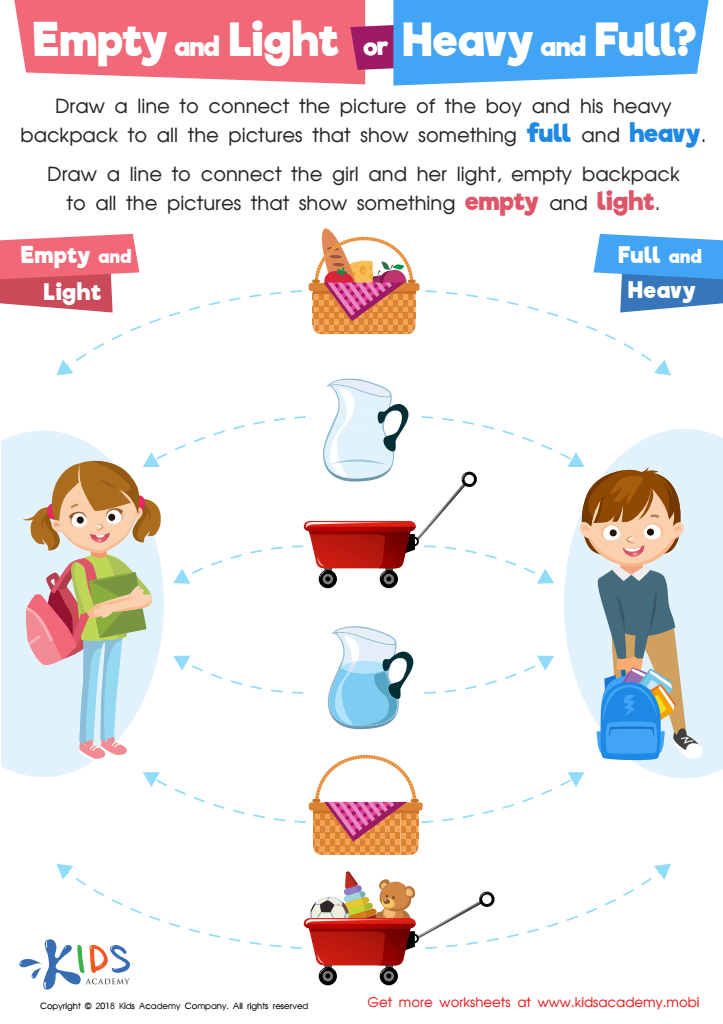

Empty and Light or Heavy and Full? Worksheet
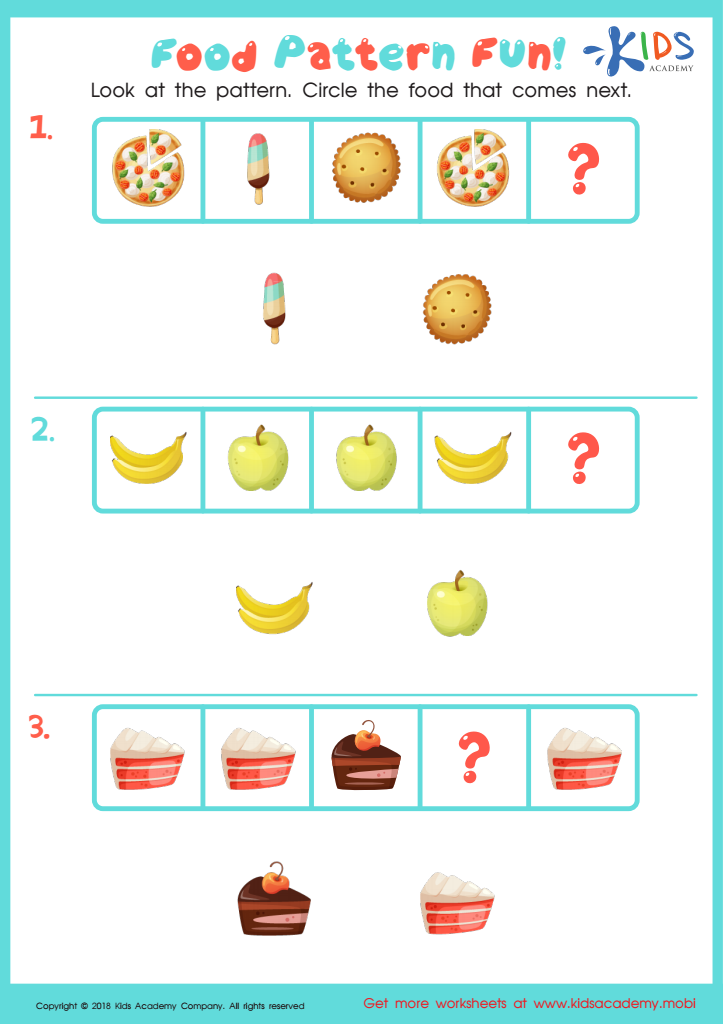

Food Pattern Fun Worksheet
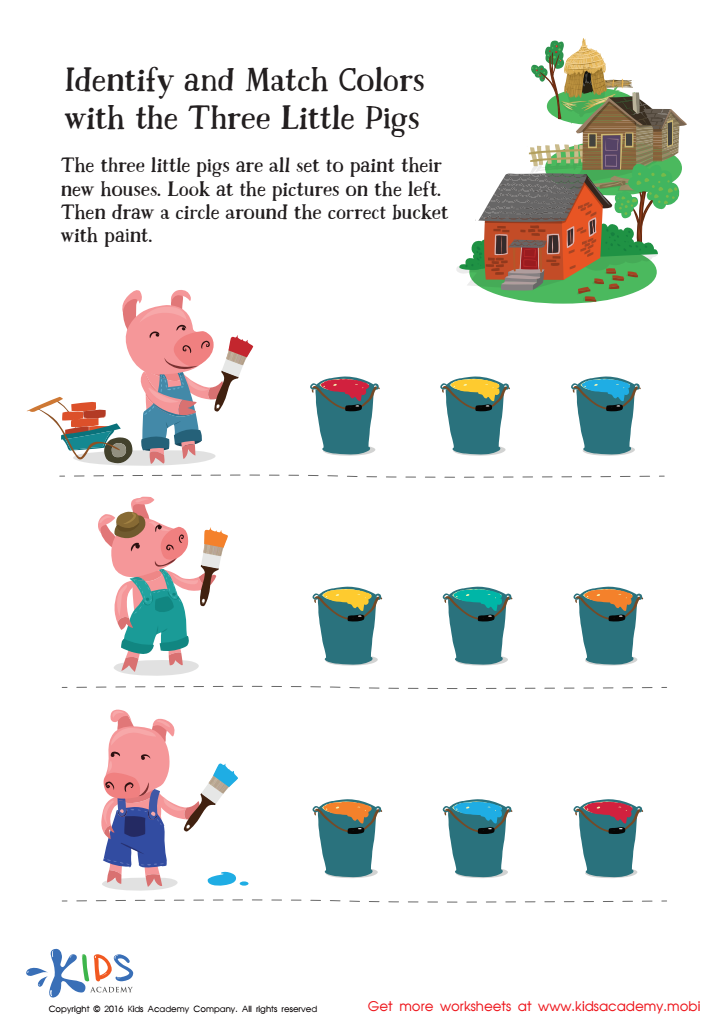

Fairy Tale Worksheet: Identify and Match Colors with Three Little Pigs
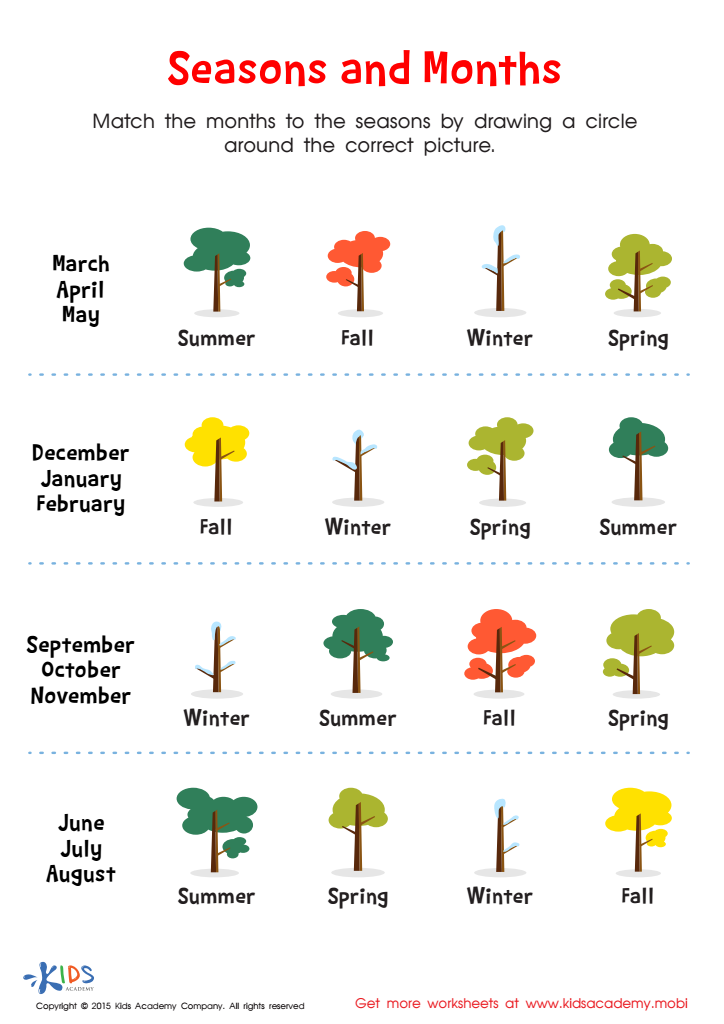

Seasons and Months Worksheet
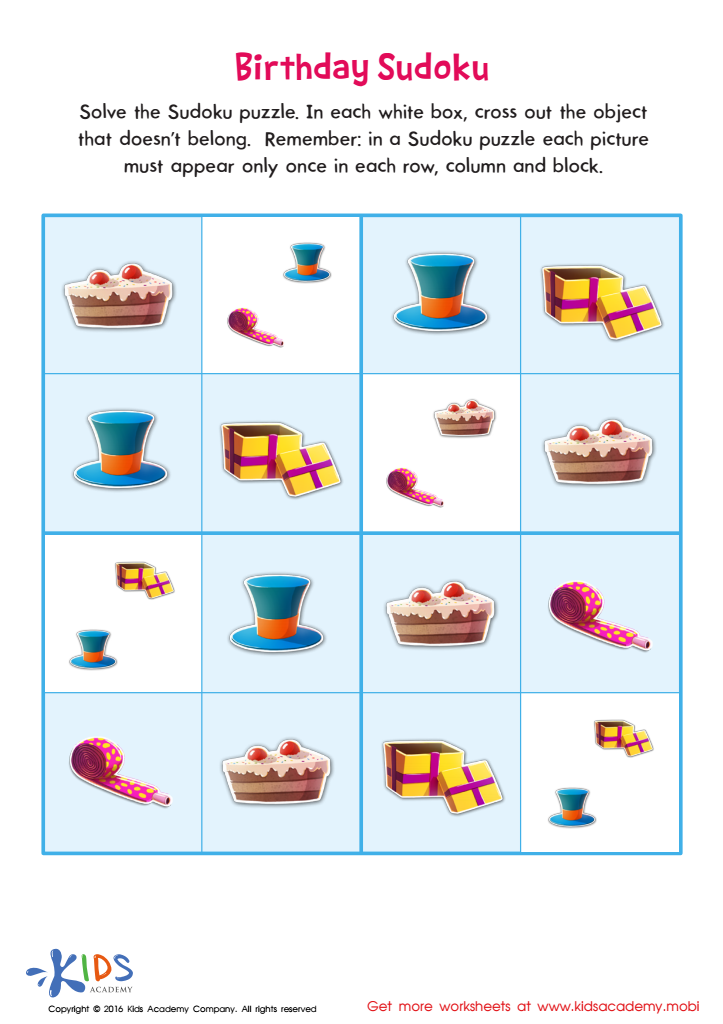

Birthday Sudoku Sorting Worksheet
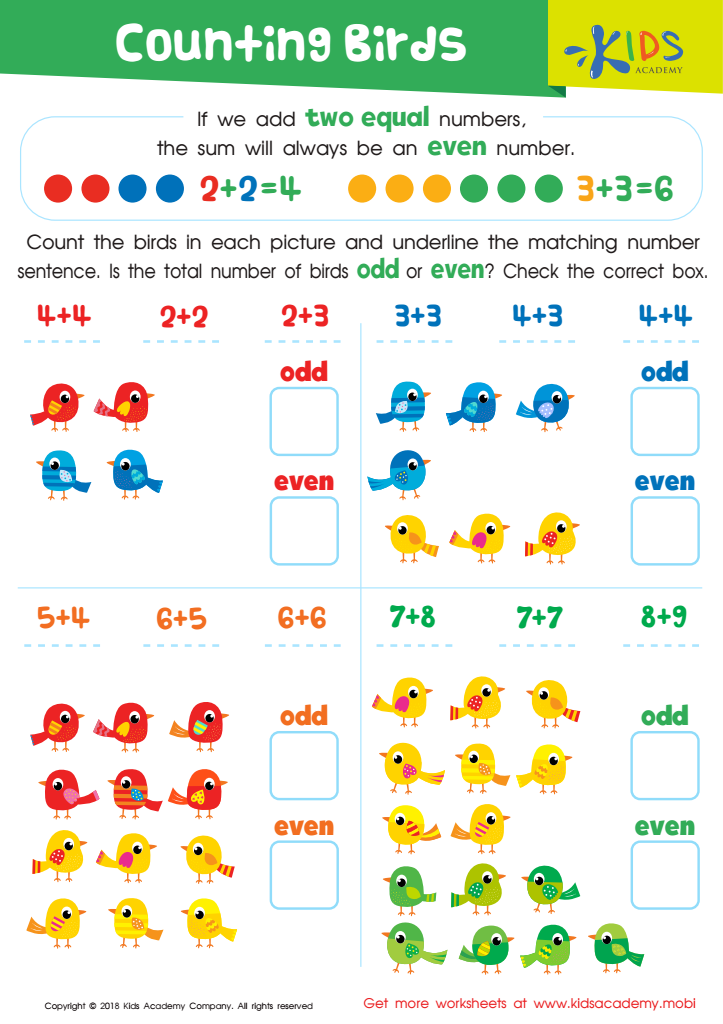

Counting Birds Worksheet
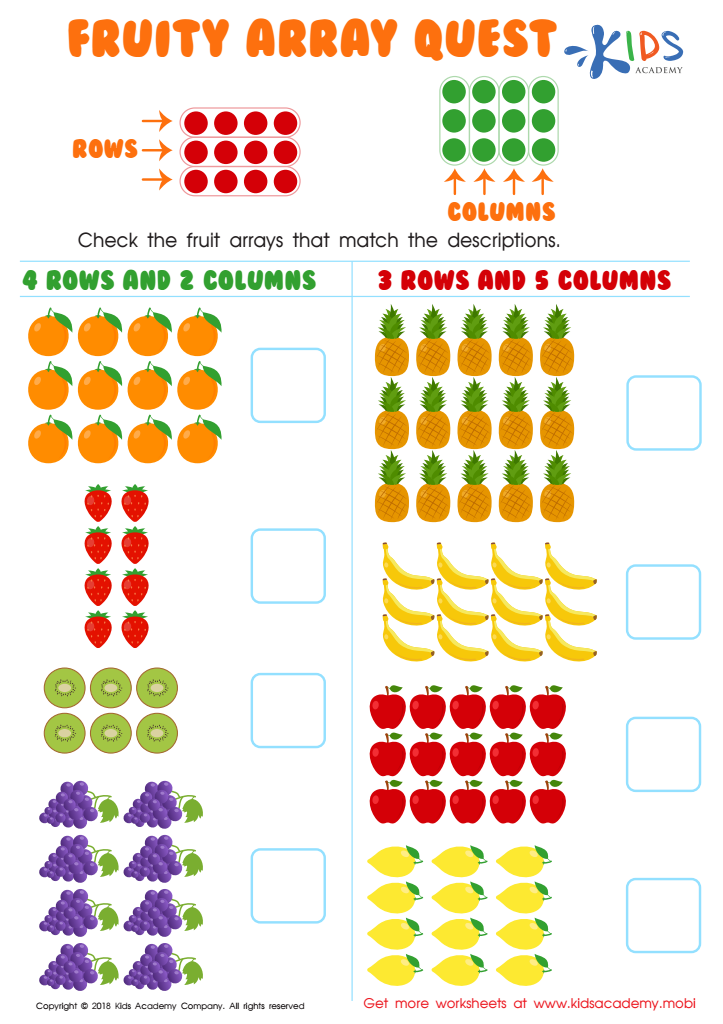

Fruity Array Quest Worksheet
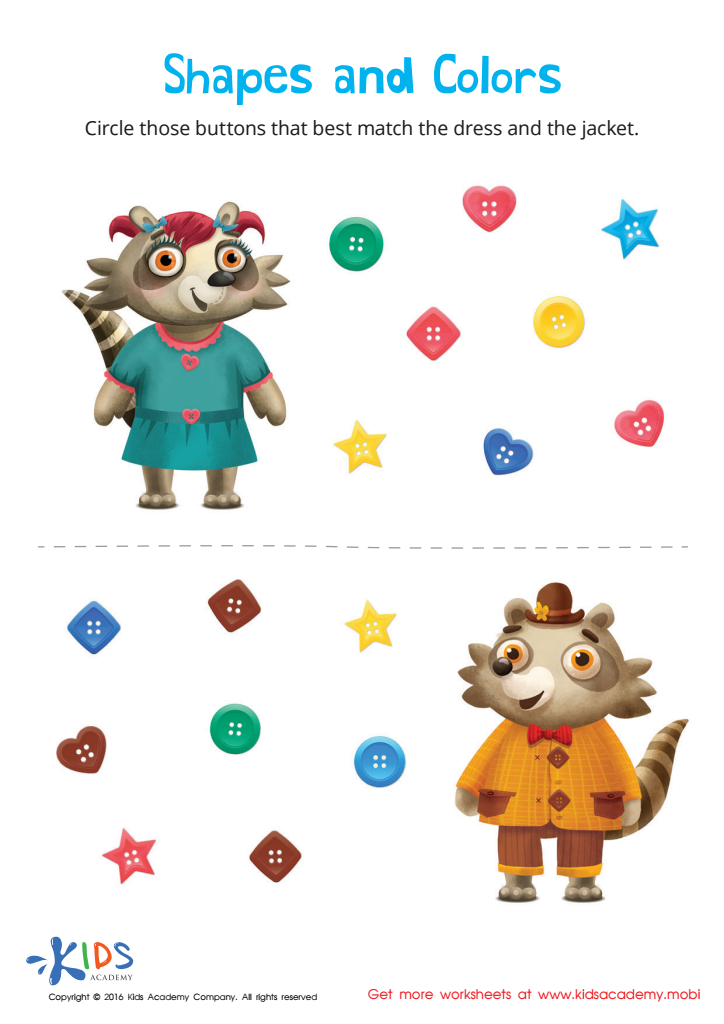

Matching: Shapes and Colors Worksheet
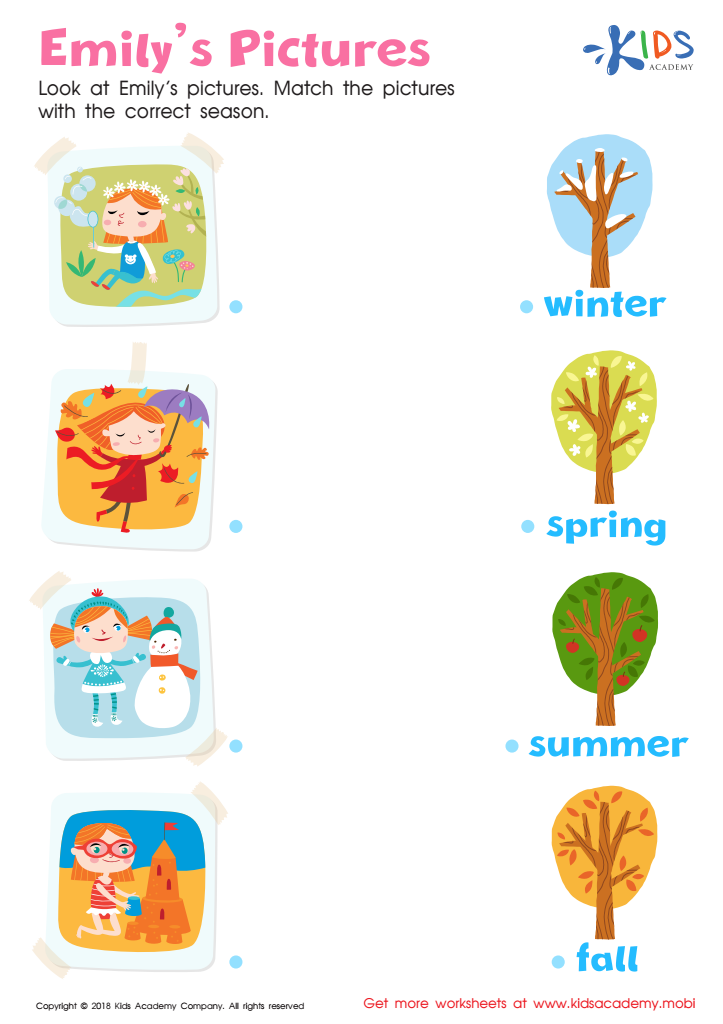

Emily's Pictures Worksheet
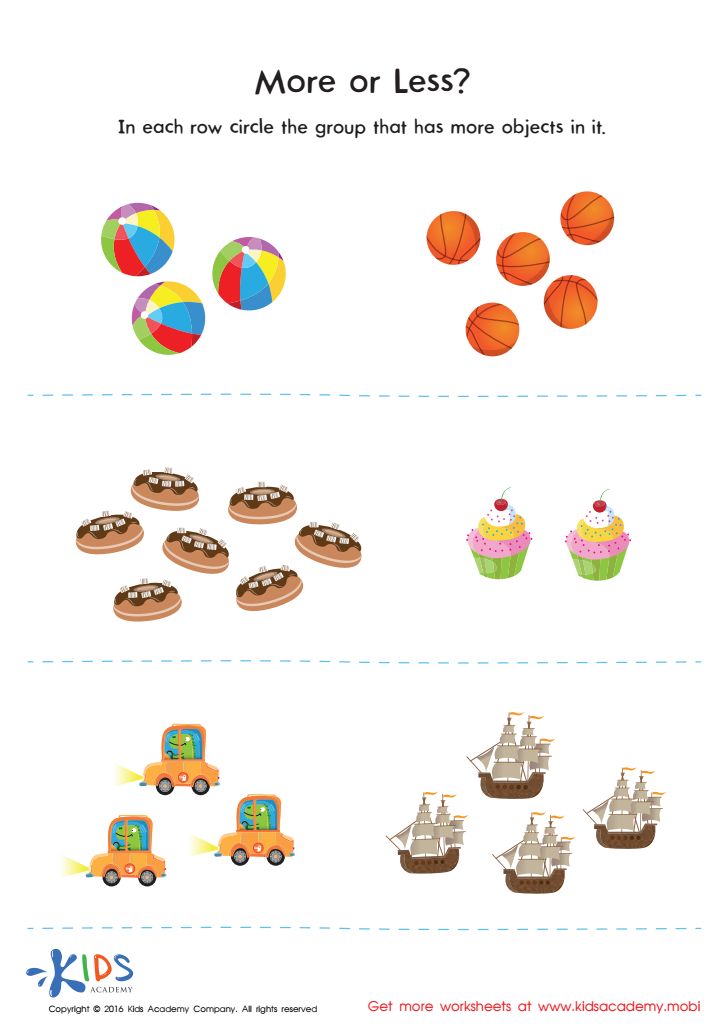

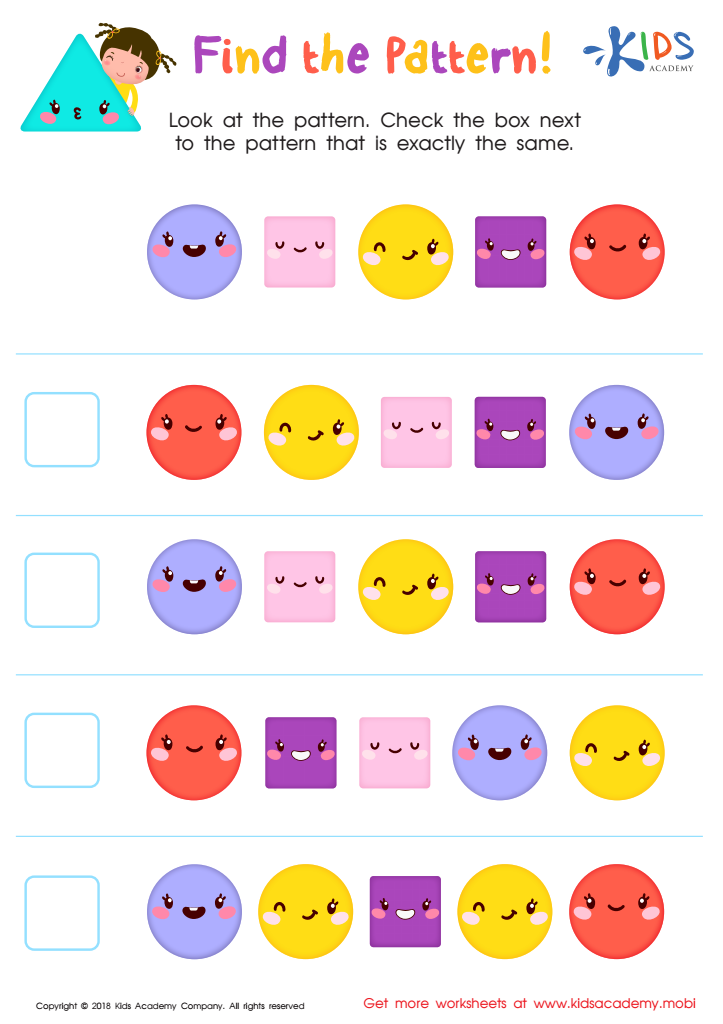

Find the Pattern Worksheet


The 5 Sense Scientist Worksheet
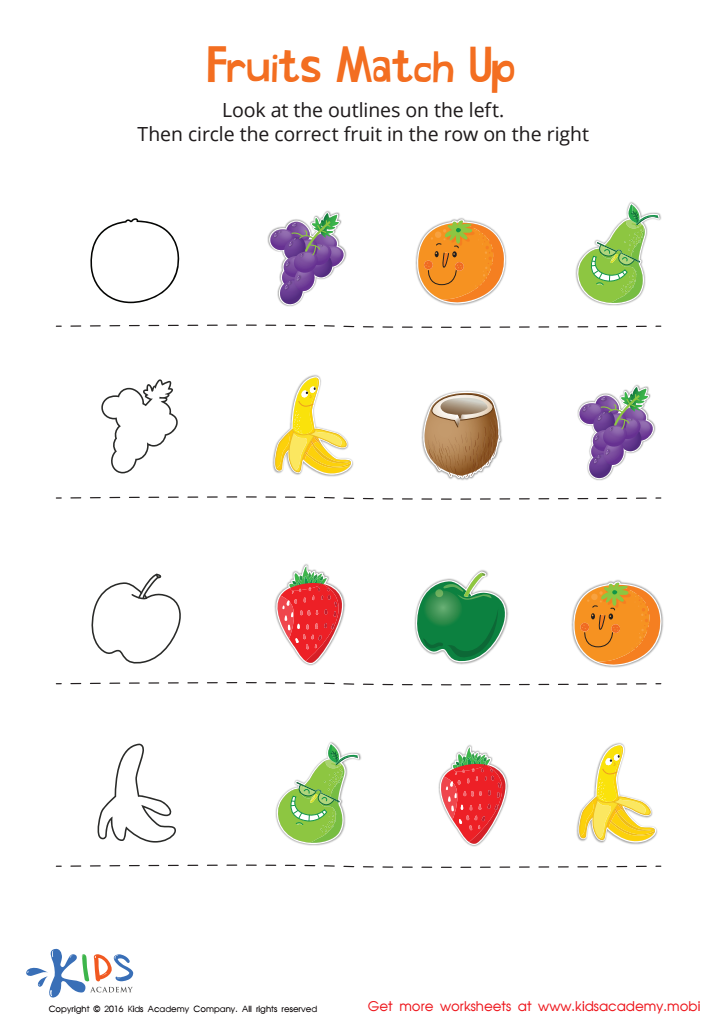

Fruits Match Up Worksheet
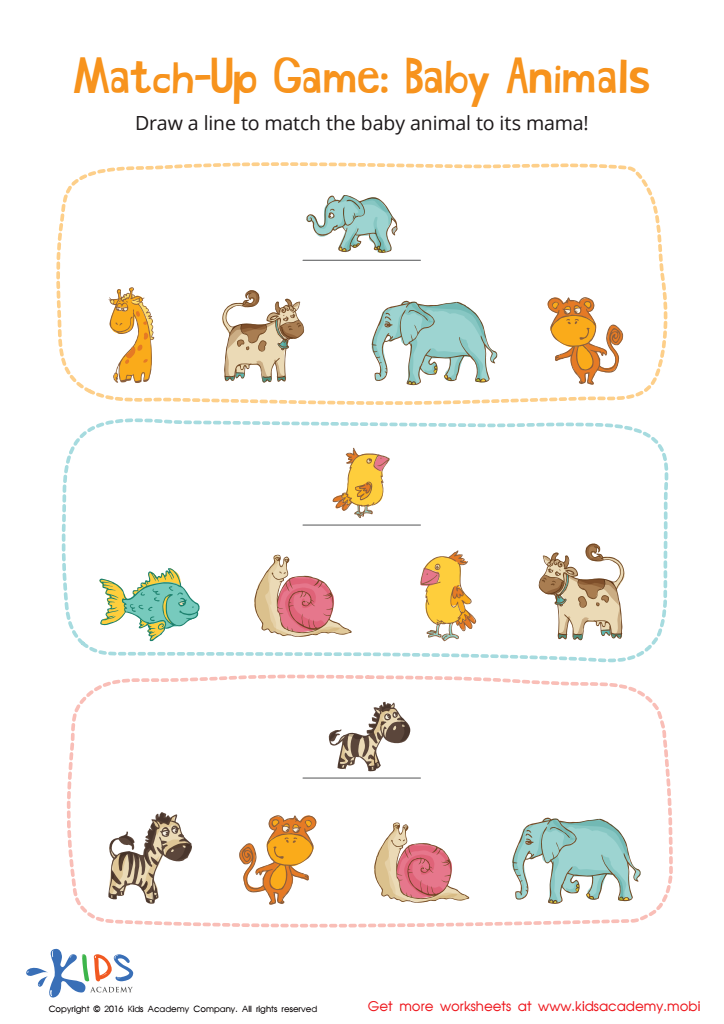

Baby Animals Match-Up Worksheet
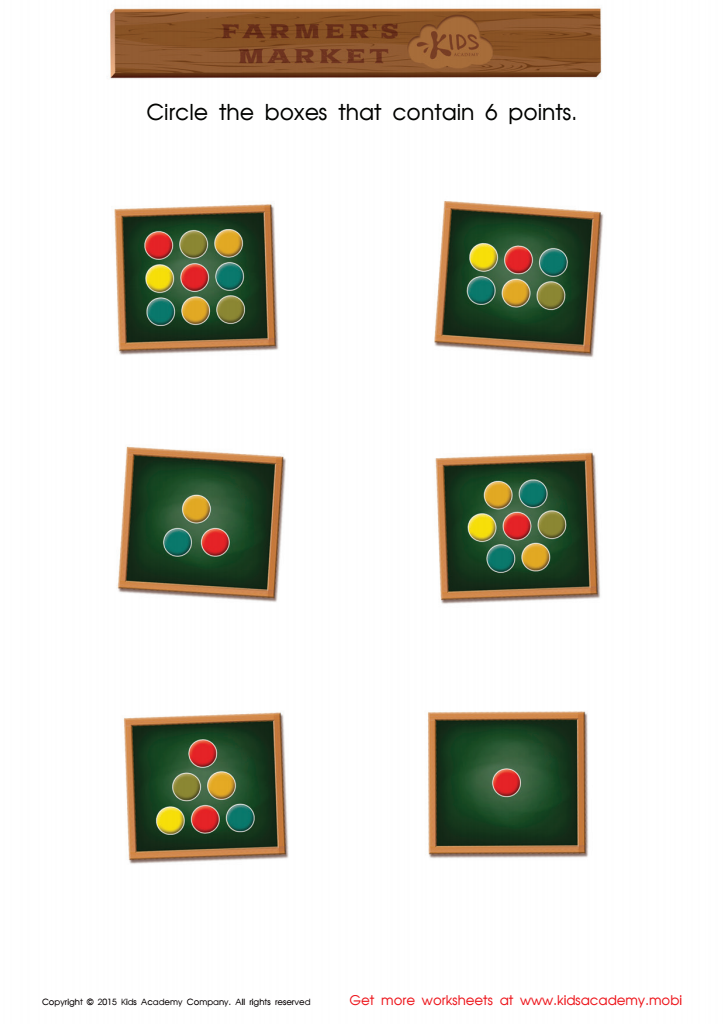

Count and Match Points 6 Math Worksheet
Matching activities for children aged 4-9 are crucial for cognitive development and learning. At this age, children are honing their ability to recognize patterns, categorize information, and enhance their memory – all foundational skills for future academic success. Engaging in matching games helps improve their attention span and focus, as children learn to concentrate on finding pairs and connections.
Moreover, matching activities foster social skills when done in group settings. Kids collaborate, take turns, and practice patience as they engage with peers, enhancing their interpersonal skills. Teachers and parents should also recognize the social-emotional benefits; successful matching experiences can boost self-esteem and confidence.
Additionally, matching games can be tailored to different educational themes, including numbers, letters, shapes, and even vocabulary, making learning multisensory and fun. These activities often incorporate visuals that cater to various learning styles – visual, auditory, and kinesthetic – ensuring inclusivity in learning.
By prioritizing matching games, adults empower children to build critical thinking skills, develop a love for learning, and establish foundational knowledge that supports future academic growth. Ultimately, advocating for these activities is an investment in a child’s emotional, social, and cognitive development.

 Assign to My Students
Assign to My Students


